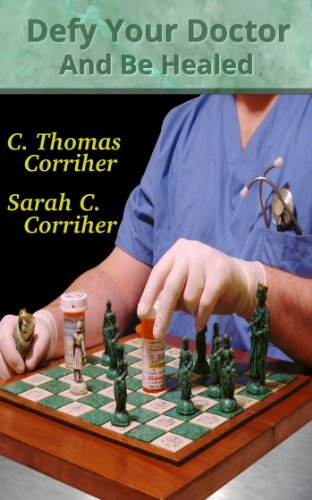If you feel bombarded by conflicting advice on how to stay (or get) healthy, you’re not alone. Intermittent fasting, juice cleanses, and low-carb diets are a few of today’s health trends, but fashionable health advice is nothing new. Consider these health tips from ancient physicians, which range from surprisingly relevant to downright absurd. (Just don’t consider any of it actual medical advice, of course—that’s what modern physicians are for.)
1. PAY ATTENTION TO YOUR DREAMS.
Galen, a Greek physician who treated Roman emperor Marcus Aurelius among others, wrote hundreds of texts about medicine starting around 150 CE. Galen believed that what you dream about can indicate your overall level of wellness and reveal specific ailments you might be suffering from. Before you call him a quack, keep in mind that he acknowledged that some dreams are simply a random assortment of the day’s events, rather than a direct message about the state of one’s health. As he wrote in On Diagnosis in Dreams:
“The vision-in-sleep [dream], in my opinion, indicates a disposition of the body. Someone dreaming a conflagration is troubled by yellow bile, but if he dreams of smoke, or mist, or deep darkness, by black bile. Rainstorm indicates that cold moisture abounds; snow, ice, and hail, cold phlegm. … But since in sleep the soul does not produce impressions based on dispositions of the body only, but also from the things habitually done by us day by day, and some from what we have thought—and indeed some things are revealed by it in fashion of prophesy … the diagnosis of the body from the visions-in-sleep that arise from the body becomes difficult.”
Buy Silver at Discounted Prices
2. DON’T CHANGE YOUR DIET TOO QUICKLY.
 Defy Your Doctor and B...
Buy New $9.95
(as of 02:05 UTC - Details)
Defy Your Doctor and B...
Buy New $9.95
(as of 02:05 UTC - Details)
Greek physician Hippocrates, now known as the father of medicine, wrote several works chock full of health advice. In On Ancient Medicine (written around 400 BCE, although the dates and authorship of the text are somewhat disputed), he explains the wisdom of treading slowly when it comes to making adjustments to your diet. As he explains it, some people are used to eating only one meal per day, while others feel better eating two meals per day. If someone who is accustomed to eating once per day suddenly adds another meal to his schedule, disease can occur.
“But there are certain persons who cannot readily change their diet with impunity; and if they make any alteration in it for one day, or even for a part of a day, are greatly injured thereby. Such persons, provided they take dinner when it is not their wont, immediately become heavy and inactive, both in body and mind, and are weighed down with yawning, slumbering, and thirst; and if they take supper in addition, they are seized with flatulence, tormina [abdominal pain], and diarrhea, and to many this has been the commencement of a serious disease, when they have merely taken twice in a day the same food which they have been in the custom of taking once.”
3. DRINKING TOO MUCH BOOZE CAN CAUSE PIMPLES.
As Galen explains in the Art of Physick, people with high body heat, red cheeks, and a cheerful disposition have a sanguine complexion. Such people, he argues, are more prone to certain conditions such as fevers and phlegm. Luckily, Galen tells sanguine patients how to achieve an optimal diet and exercise program for their body type. He warns that drinking too much beer, ale, and wine can cause a variety of maladies, including scabs, abscesses, fevers, and red pimples.
“Inordinate drinking of strong beer, ale, and wine, breeds hot rhewms scabs and itch, St. Anthony’s fire [a skin infection], quinsies [an infection behind the tonsils], pleuresies [pain when breathing], inflammations, fevers, and red pimples.”
4. BEANS AND FLOWERS CAN FIGHT DYSENTERY.
In On Regimen in Acute Diseases, Hippocrates lays out an easy plan for fighting dysentery, an intestinal infection that causes severe diarrhea. Luckily, no pharmacists are needed for this treatment, but you will have to track down some beans and plant shoots, if you don’t already have them on hand.
“For dysentery. A fourth part of a pound of cleaned beans, and twelve shoots of madder [a Eurasian plant] having been triturated [ground to a fine powder], are to be mixed together and boiled, and given as a linctus [a medicinal syrup] with some fatty substance.”





